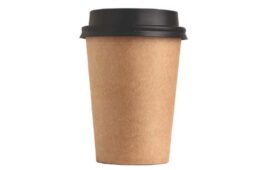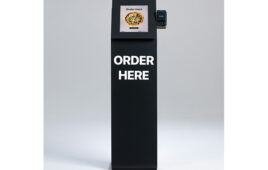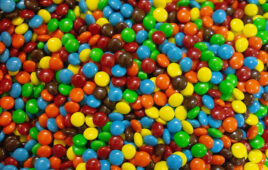 Labels and distinctions like “fair trade” are increasingly important to consumers and are a great way for retailers to set themselves apart from the competition. But what does “fair trade” really mean?
Labels and distinctions like “fair trade” are increasingly important to consumers and are a great way for retailers to set themselves apart from the competition. But what does “fair trade” really mean?
Fair trade coffee is coffee that is certified as having been produced to fair trade standards by fair trade organizations.
The goal is to achieve greater equity in international trade and contribute to sustainable development by offering better trading conditions to coffee bean farmers. Fair trade organizations support producers and sustainable environmental farming practices and prohibit child labor or forced labor.
The most common “fair trade” label is run by Fairtrade International (FLO). Coffee packers pay Fairtrade a fee for the right to use the Fairtrade logo, which gives consumers an assurance that the coffee meets Fairtrade standards.
Coffee does not need to have a fair trade label to be considered equitable or sustainably sourced, of course. Some craft roasters opt for a direct-trade, for example. But this strategy is difficult, particularly for small companies. It’s logistically very complicated to send an in-house coffee buyer to the places where beans are grown to buy directly from the farmer, not to mention expensive.
No matter, consumers (especially younger consumers) will increasingly value equity and sustainability, and they’ll look for labels that reflect these values.




